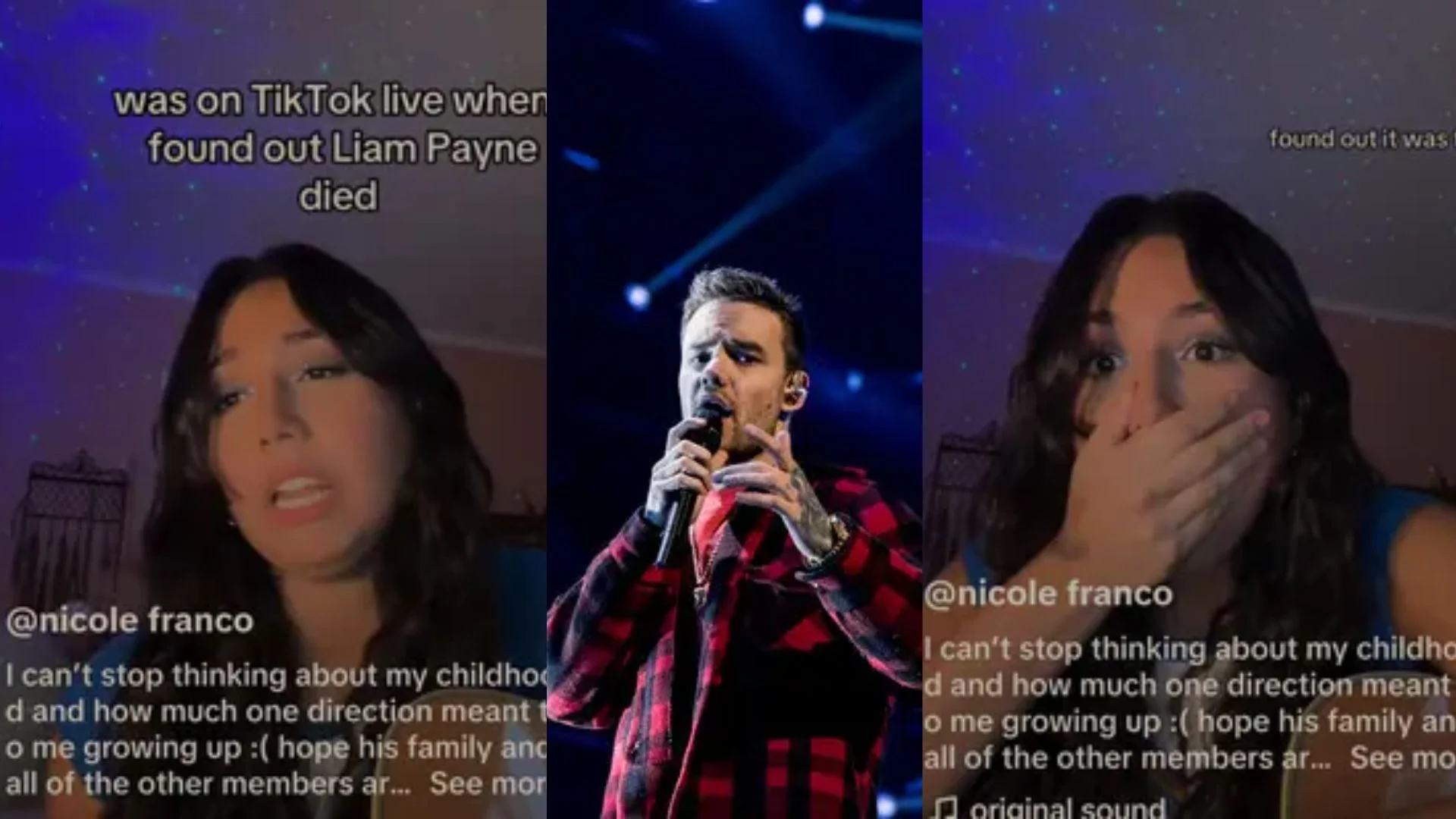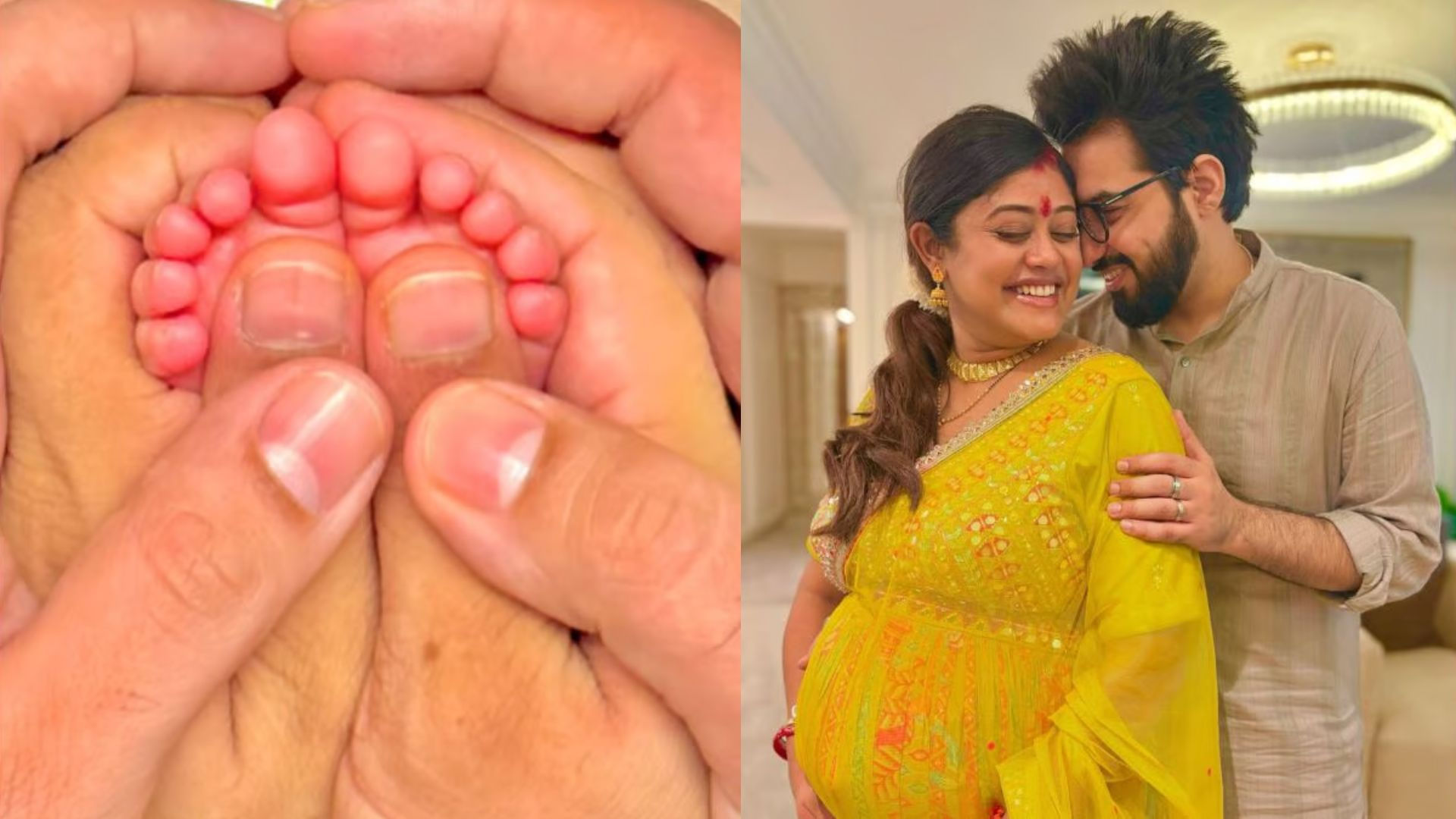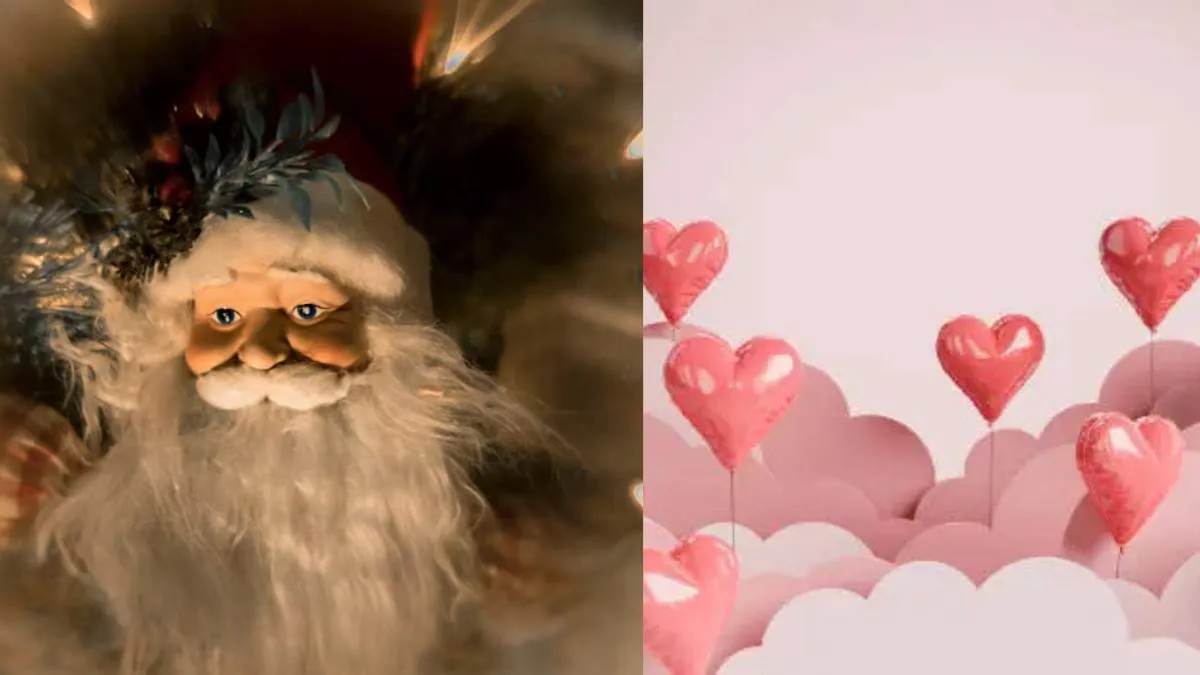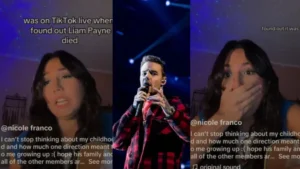In the wake of the sudden death of One Direction star Liam Payne, many fans have taken to social media to livestream their reactions. One TikTok user, Amelie Brown, recorded herself in clown makeup when her mother entered the room to deliver the heartbreaking news. The 18-year-old from England, who has been a fan of the group since she was four, decided to post the video online to share her shock. It has since garnered nearly 4 million views.
Payne tragically passed away in Argentina after falling from his hotel balcony, prompting a wave of emotional reactions from fans. Numerous videos surfaced on social media showing fans crying and processing the news of his death. One clip featured a person receiving a phone call with the devastating information, while another showed a musician abruptly stopping her livestream mid-song, visibly shaken by the announcement.
The phenomenon of sharing real-time reactions to distressing news has become increasingly common on social media platforms. Users often film themselves experiencing personal crises, whether being laid off, injured, or affected by natural disasters. For example, during Hurricane Helene, one man filmed himself kayaking in his flooded living room instead of evacuating, capturing his dangerous situation for online viewers.
These personal and often raw videos tend to go viral, providing glimpses into deeply emotional moments. This trend of documenting inappropriate or tragic moments for public consumption isn’t new; a notable instance occurred in 2018 when YouTuber Logan Paul posted a video of himself and friends discovering a deceased man in a Japanese forest.
In a report by the New York Times, Casey Lewis, who authors the youth culture newsletter “After School”, discussed how the normalization of such content has shifted perceptions. “YouTube did the legwork of making that sort of content feel normal, and then TikTok put gasoline on the fire,” she remarked. Lewis highlighted the tendency of people to express their grief publicly, stating, “We see people write on loved ones’ Facebook walls and, you know, they’ve been dead for 10 years, but there’s still something in there that they feel the need to express themselves on a public forum.”













